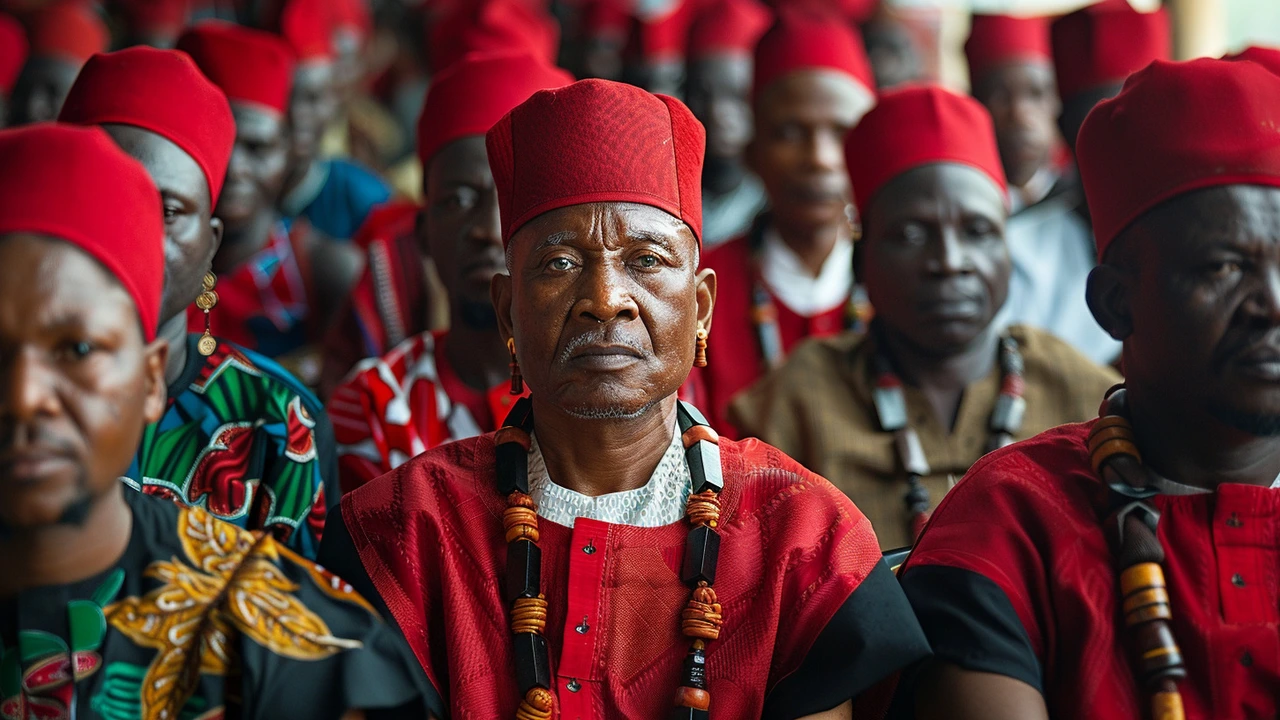Understanding Reconciliation: Why It Matters
Reconciliation is more than just a word—it’s about fixing broken relationships, whether between individuals, communities, or even countries. When people face conflict or injustice, things can get messy and painful. Reconciliation helps by offering a way to acknowledge harm, offer forgiveness, and build trust again. It’s not always quick or easy, but it’s how peace grows stronger over time.
Think about any tough argument you’ve had with a friend. Reconciliation might mean admitting where you went wrong, listening to their side, and finding a way forward that works for both of you. On a bigger scale, this process is vital for societies recovering from political, racial, or cultural wounds. It makes sure old pain does not become new conflict.
Practical Steps Toward Reconciliation
To get closer to real healing, people usually start by openly talking about what happened. Silence or denial only keep tensions alive. Next comes taking responsibility—saying “I’m sorry” in a way that means it and showing it through actions.
For example, communities affected by conflict might hold meetings where everyone’s voice is heard, allowing truth and feelings to come out safely. Then, they work together on projects or agreements that ensure fairness and respect going forward. This process builds a new foundation for relationships.
Why Reconciliation Is Worth the Effort
Without reconciliation, conflicts can drag on and poison future generations. But with it, people find ways to live side by side peacefully. They develop empathy for those who once seemed like enemies, turning painful history into lessons that guide better choices. Real change happens not just in laws or policies but in everyday kindness and understanding.
So, no matter if you’re dealing with a personal issue or looking at a worldwide conflict, reconciliation shows a hopeful path. It’s about choosing connection over division, healing over hurt. And that choice can ripple out much further than you think.

Ohanaeze Ndigbo Urges Federal Government to Embrace Reconciliation with Nnamdi Kanu
The Ohanaeze Ndigbo Youth Council Worldwide has called on the Federal Government to engage in dialogue with Nnamdi Kanu, the detained leader of the Indigenous People of Biafra (IPOB). The group emphasizes that Kanu is open to an out-of-court settlement and urges President Bola Ahmed Tinubu to initiate the negotiation process for peace in the South-East region.